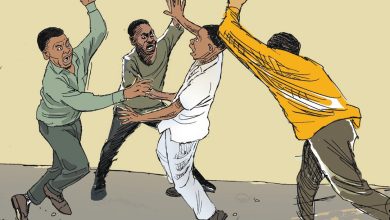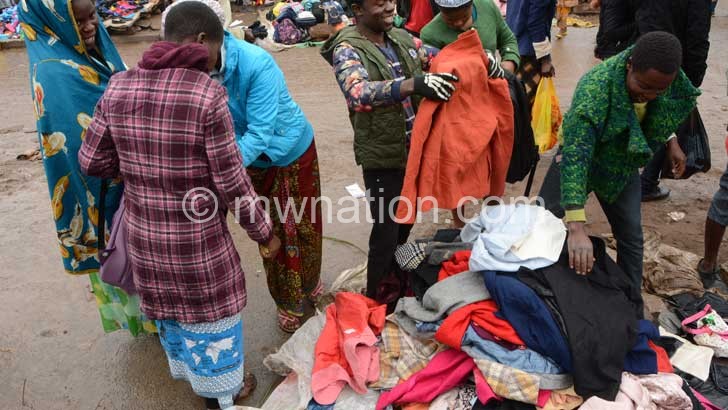Jane Ansah is right
There is growing recognition of the untapped capacity and talents of women and women’s leadership. Over the years, the rate of women’s representation in national assemblies globally has been increasing—in the case of Malawi, this year’s tripartite elections, have reaped a good number of women parliamentarians and councillors. However, there was no woman in the presidential election.
Although many have touted this year’s election as an improvement in terms of women representation, one cannot help but also notice that the representation has often been focused in one area—in this case Parliament, and not at presidential and local government. This is cause for concern.
Just last week when Malawi Electoral Commission (MEC) Chairperson Justice Jane Ansah announced results of the local government by-elections for Matenje Ward in Kasungu, she echoed the call for women participation in politics.
There were five candidates competing for Matenje Ward and all of them were men. Ansah is on record as saying that the commission had weighed in on the need to encourage women to participate as candidates, but that’s how far they go as no one can be forced to stand. Ansah may not be your cup of tea, but she is right on this one.
Much as no one can be forced to stand, political parties have a big role to play in ensuring that women are encouraged and given the support to participate fully in politics. Women should not only be supported to buy chitenje to wrap around their waist during dancing time at political rallies. There ought to be deliberate efforts within the political parties to ensure gender balance in all positions.
Women’s participation in politics helps advance gender equality and affects both the range of policy issues that get considered and the types of solutions that are proposed. There is also strong evidence that as more women are elected to office, there is a corollary increase in policy making that emphasises quality of life and reflects the priorities of families, women, and ethnic and racial minorities.
Let’s also keep in mind as well that, participation starts with preparing. The next elections will be in 2024, which is not very far, start preparing now.




